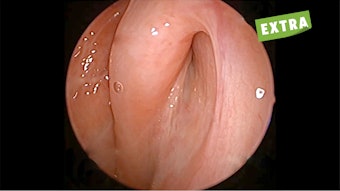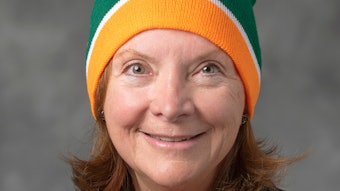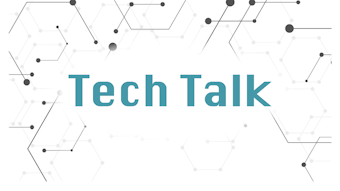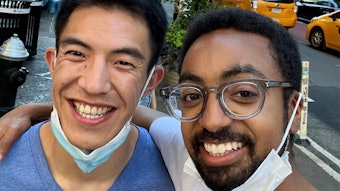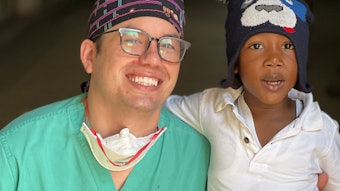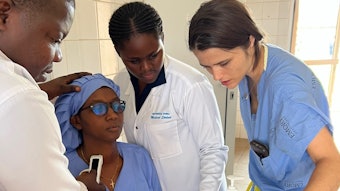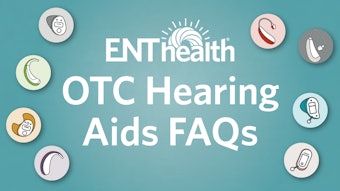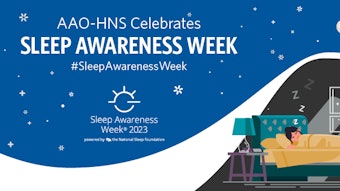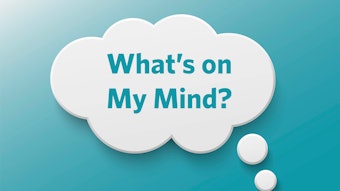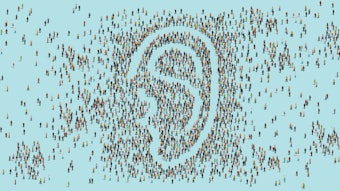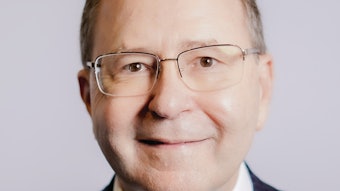Overcoming Obstacles and Moving Forward through Authenticity
Vulnerability is a core value of our profession and community of physicians, surgeons, and human beings.
Brian A. Nuyen, MD

At the AAO-HNSF 2022 Annual Meeting & OTO Experience, Peter H. Hwang, MD, Albert L. Merati, MD, Maie St. John, MD, PhD, and I held an intimately personal Panel Presentation regarding the power of vulnerability. We are so grateful and excited to have had that platform to share what we think is an incredibly core value to our profession—as surgeons, leaders, partners, parents, and, most fundamentally, as fellow human beings—with our audience members. I will share here a bit of what I discussed in that panel.
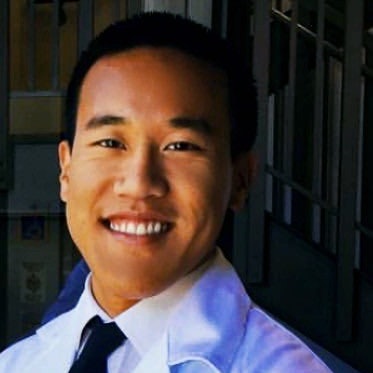 Brian A. Nuyen, MD
Brian A. Nuyen, MD
And then in that same year, I came across a YouTube video of a TED Talk presentation on vulnerability with some interesting ideas from the social scientist and professor Brené Brown, PhD1. In her research, she had mined thousands of stories and encountered some unnerving realizations, a deeper understanding of connection, and ultimately vulnerability. These stories of her research subjects are ones that everyone can relate to: the excruciating pain that we feel with rejection, abandonment, betrayal, failure, grief, and uncertainty. There were also stories of folks who fully embraced vulnerability, who believed that what made them vulnerable made them beautiful as well and stories of folks who found vulnerability not necessarily comfortable, but also not necessarily excruciating, just ultimately fundamental. The willingness to say I love you first. The willingness to do something where there are no guarantees. The willingness to invest in a career, a business or research idea, or personal relationship that may or may not work out.
In her ensuing research, Dr. Brown further explored that the root of all of this is an innate sense of worthiness: a personal belief, potentially instinctive from childhood, and even acquired through life and adulthood that we each are worthy of love and belonging. It’s a simple but at times challenging belief. This is where the difference between shame and guilt lies. These are feelings that I think are pervasive in our surgical culture. The stakes in our field as physicians and surgeons, in our work and in our lives, are so incredibly high. At the same time, we are so deeply human and complicated. How we reconcile that contrast means everything.
Guilt, as Dr. Brown defines it based on her research, is pro-social, adaptive, and helpful.2 She describes it as, “Holding something we’ve done or failed to do up against our values and feeling psychological discomfort.” Shame, instead, is, “. . . the intensely painful feeling or experience of believing that we are flawed and therefore unworthy of love and belonging—something we’ve experienced, done, or failed to do makes us unworthy of connection.” In short, guilt is, “I made a mistake.” Shame on the other hand is, “I am a mistake.”
Dr. Brown’s research found that this subtle difference in mentality, rooted in an innate sense of worthiness, translates into enormous consequences. Guilt is associated with adaptability, productivity, growth mindset, self-compassion, and ability to learn from mistakes. Shame is associated with addiction, depression, anxiety, numbing, self-harm, and harm against others. This fundamentally can change the way we live, practice medicine, mentor our trainees, and relate to our loved ones. In leadership, and even in parenting, believing in the unshakeable worth of those we manage, love, and nurture and knowing where they can at times fall short in guilt, accountability, and empathy are ways to heal and grow. At the same time, we all know from working with leaders and managers, and even family members, the shame and blame they use as tools to control. We all have unforgettable stories of how that made us feel. We also have stories of leaders who believed in us and our work, versus leaders who used shame and blame, and how that translated into our work, our lives, and how we viewed ourselves.
Dr. Brown shared, “I know that vulnerability is the core of shame and fear and our struggle for worthiness, but it appears it’s also the birthplace of joy, of creativity, of belonging, of love.” Because of this duality, her research found that we can’t selectively numb parts of vulnerability that don’t feel good. In our modern world, it can be so easy to numb with social media, with overworking, with food and substances, and more. When we try to avoid feeling “the bad stuff”—the uncertainty, the disappointment, the grief, the anger, the resentment—by numbing, we also numb “the good stuff” like joy, authenticity, connection, gratitude, and triumph.
Another way we numb is we armor ourselves, we protect, and we perfect. I think we all do this. We are taught that if we armor up with enough surgical training, if we critique our own results enough, if we protect ourselves with enough career milestones and enough strategic planning, we can have that perfect outcome. And we all have stories of how flawed that thinking can be.
On behalf of Drs. Hwang, Merati, and St. John, I would like to express our gratitude for that incredible opportunity at the 2022 Annual Meeting to share our moments of vulnerability and to help instill vulnerability as a core part of our profession and community of physicians, surgeons, and human beings. We hope this is certainly not the last time we can come together as a community, in these moments of authenticity and vulnerability, to empower and heal ourselves and each other.
References:
- TED. (2010). Tedtalks: Brene Brown - the power of vulnerability. https://www.ted.com/talks/brene_brown_the_power_of_vulnerability
- Brown, B. (2013, January 15). Shame vs. guilt. Brené Brown. Retrieved February 14, 2023, from https://brenebrown.com/articles/2013/01/15/shame-v-guilt/

